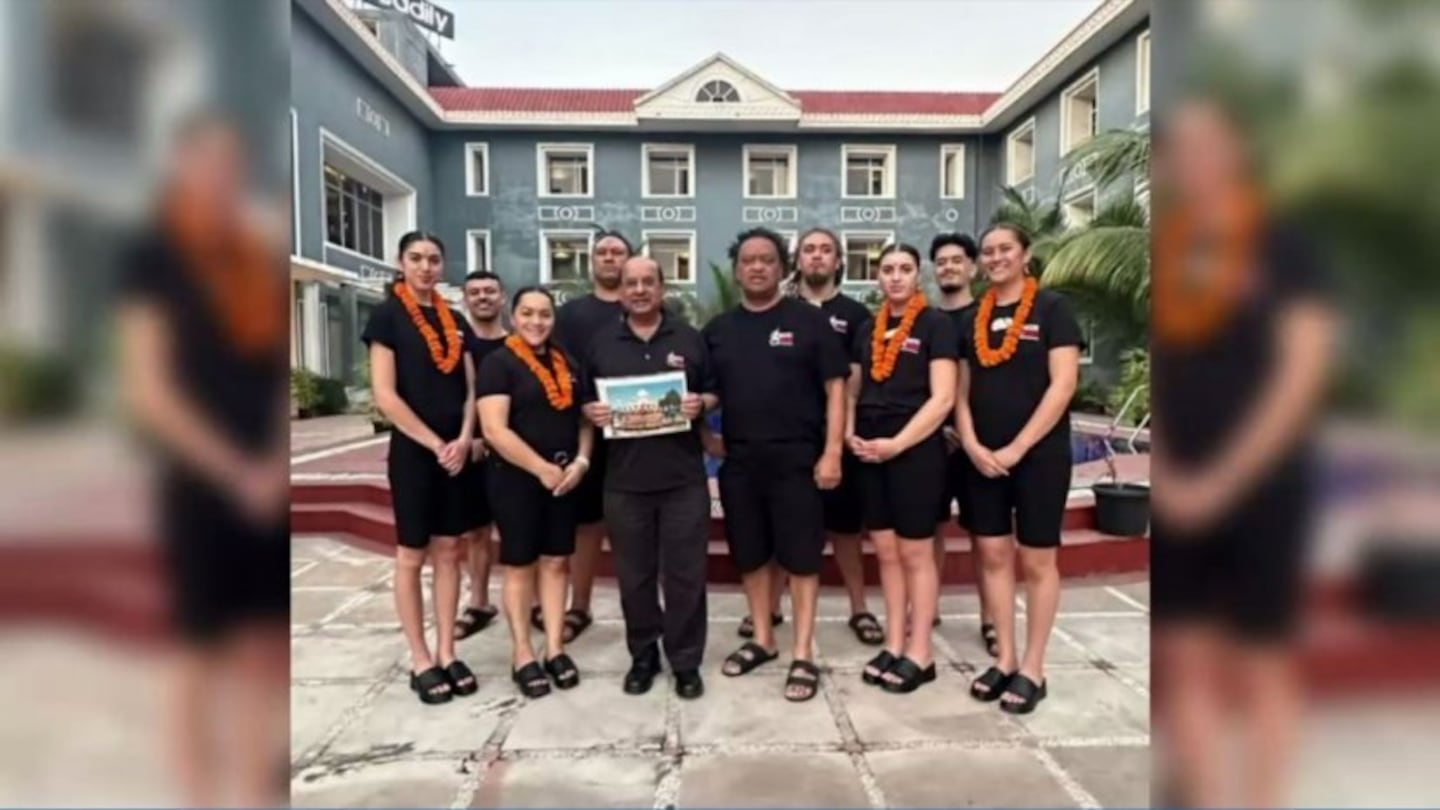Te Wehi Haka is fresh back in Aotearoa after taking the haka to an international event in India.
The group was founded by the leaders of the legendary kapa haka team Te Waka Huia, Tāpeta and Annette Wehi. It travelled to India to represent Aotearoa at the National Tribal dance festival in Chhattisgarh after an invitation from the government of India.
“There were over 100 tribes there, local tribes, but also there were nine other countries there as well. It's a bit of a highlight actually getting to meet all those different iwi taketake o te ao (indigenous tribes of the world),” Tāpeta Wehi says.
Te Wehi Haka takes a slice of indigenous culture to India.
A rekindled relationship
A partnership was built more than 30 years ago, by Tāpeta Wehi's late father, Ngapo Wehi and his long-time friend, the New Zealand High Commissioner of Fiji Dr Santendra Singh. Te Wehi haka has rekindled that relationship.
Wehi says, "This wasn't the first time for me. I went to India in 1990 with Pounamu, with Dad. And so that was our first haerenga (journey) over there and I haven't been back since. So it's been a bit of a 31-year break."
“Kua pakeke haere, kua koroua haere a Tāpeta (Tāpeta has grown a lot older now) and from our rangatira (chief) you would have heard, Satendra Singh who invited us back in 1990 and then he called me again to see if we were available. India is India. It's still one of my favourite countries.”
Kapa Haka more than competition
Wehi explains that his father's vision of kapa haka was not only based on competition but also on sharing the Māori culture with the world.
“Kapa haka is not just competition. There are a lot of parts that come with it so it's been able to grow us as a people. Since the 1960s and 1970s kapa haka has come a long way now. It's in schools, it's everywhere.”
“The tides have turned and people are really starting to accept us, who we are. And this is a good start for us.”
Wehi also says, there is still more work to do as well at home with Māori.
“From tomorrow I'm back in the prison. I'm doing judging in the prisons, 16 jails, so I'm on the road again tomorrow.”
“There's all of that. It brings our people identity. That's what kapa haka does for us as a people, especially for us, who are living in the urban districts like Auckland. We've been away from home for a long time.”

